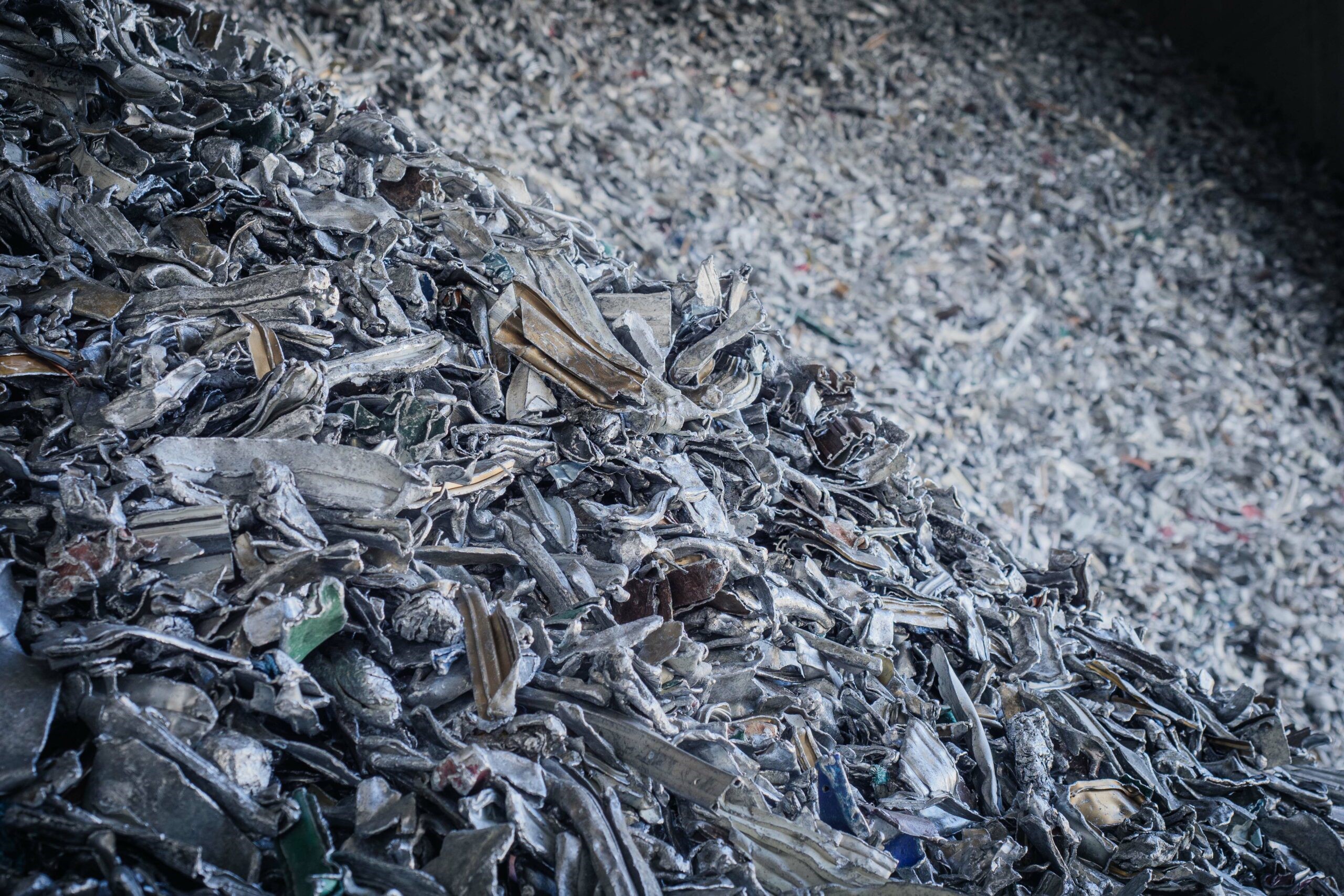

At the United Nations Climate Change Conference (COP28), aluminium and can industry unanimously agreed to the goal of recycling nearly 100 per cent of aluminium beverage cans by 2050.

The world-leading companies and associations which gave consent to this target were Emirates Global Aluminium, the Australian Aluminium Council, the United States Aluminum Association, Ardagh Metal Packaging, the Aluminium Association of Canada, the Can Manufacturers Institute, the European Aluminium, Ball Corporation, Crown Holdings, Novelis, Japan Aluminium Association and many others.
Initially, they would strive to achieve an 80 per cent recycling target by 2030 and then 100 per cent by 2050.
Coordination must come from the state and national levels to meet this recycling goal. The governments must establish independent recycling targets for every nation and state, create policies, run campaigns to improve the quality and quantity of cans collection, and publish data on recovery rates to monitor progress, noted the press release.
Kristen King, director of sustainability at Ardagh, said: “Collectively, we can successfully recycle more cans, leading to more energy saved, fewer greenhouse gas emissions and increased revenue to help strengthen the circular economy.”
Sandrine Duquerroy-Delesalle, director of sustainability and external affairs at Crown Holdings, commented: “It is no longer enough to simply speak about solutions and their potential – it is time for us to take actionable steps including establishing and advocating for effective, ambitious government policies around aluminum beverage can collection, as well as aiming to enhance the quality of collected cans.”
“Without a strong policy framework, we cannot properly benefit from the circular potentials of the aluminum beverage can and achieve our industry decarbonization goals,” she said. “This push for policy is among our goals at COP28 and beyond; we call on national government and our peers at this forum to mobilize with us and see what we can accomplish.”
The entire aluminium industry now agrees that recycling and using recycled content is an inevitable practice in reducing carbon footprint across the supply chains and attaining sustainability in the long run. Hence, the future demand for recycled aluminium looks blooming. According to the AL Circle’s estimate in its latest report on “World Recycled Aluminium Market Analysis: Industry Forecast to 2030”, world recycled aluminium usage is likely to stand at nearly 36 million tonnes by the end of 2030, growing at a CAGR of 3.65 per cent since 2019.
Responses








